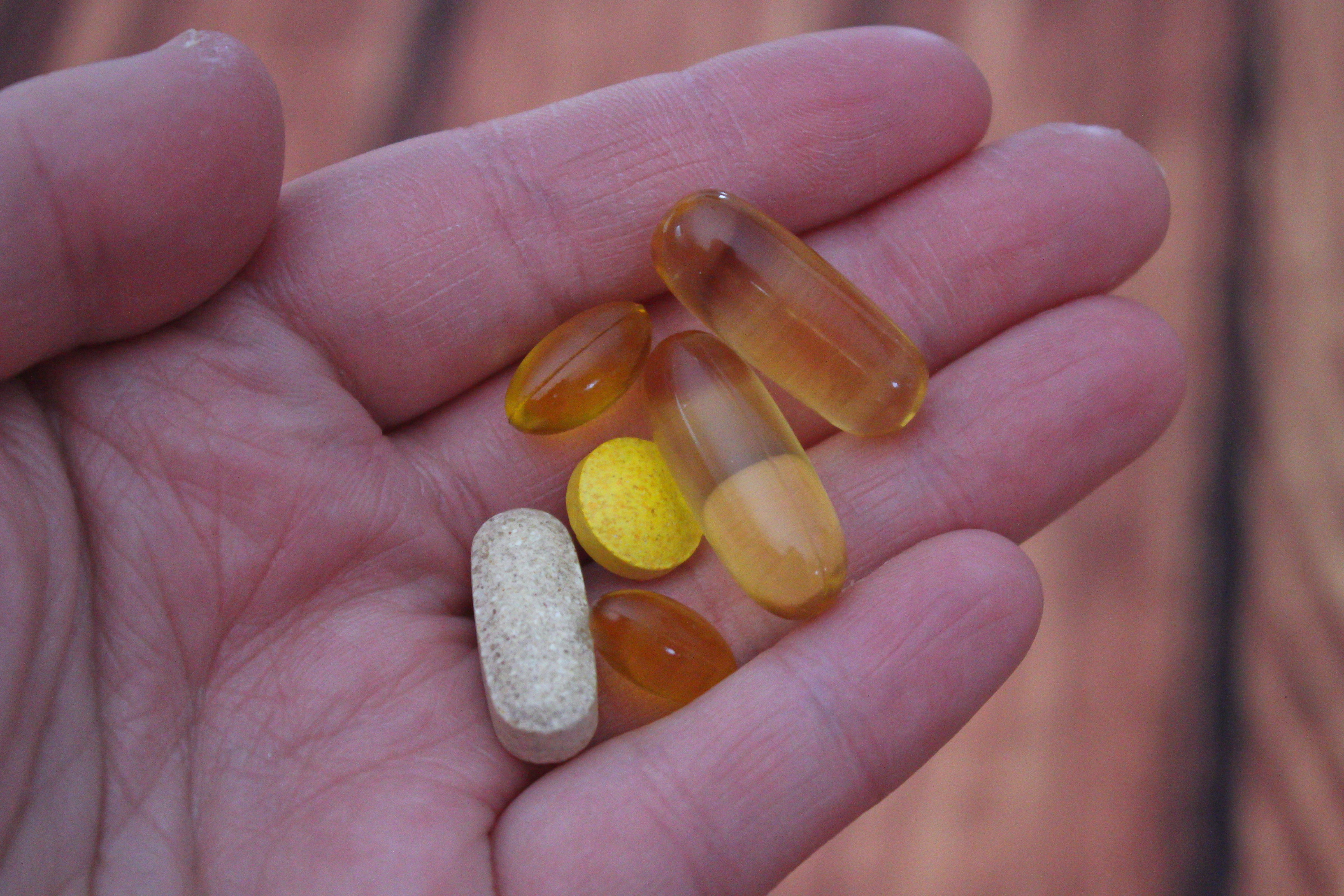The Role of Consumers in Promoting Sustainability in the Dietary Supplements Industry
 The number of Americans that consume dietary supplements has been growing rapidly over the last few years, with 77 percent of the population reporting that they regularly consume supplements, according to the Council for Responsible Nutrition. Dietary supplements are crucial to the health of many Americans, as they serve as a direct source of vitamins, minerals, amino acids, and protein.
The number of Americans that consume dietary supplements has been growing rapidly over the last few years, with 77 percent of the population reporting that they regularly consume supplements, according to the Council for Responsible Nutrition. Dietary supplements are crucial to the health of many Americans, as they serve as a direct source of vitamins, minerals, amino acids, and protein.
While supplements have many benefits to the health of most Americans, they do come at an environmental cost that many fear could rise to extremely high levels if nothing is done about it. Whether it’s the sourcing of ingredients, manufacturing processes, packaging, or distribution, the supplementation industry can have devastating effects on the environment. Although manufacturers have a bigger role to play in reducing the carbon footprint of their supplements, consumers must also find ways to encourage and collaborate with them.
Ensuring sustainable sourcing of ingredients
The ingredients used to manufacture various supplements have different sources, some of them more sustainable than others. For example, when choosing between memory-boosting supplements, you’ll come across various options such as fish oil and omega-3 supplements. Of all the options available, the most sustainable one is curcumin since it’s made from turmeric and black pepper extract. On the other hand, fish oil supplements are incredibly unsustainable in many ways. The huge demand for fish oil supplements has led to devastating overfishing of crucial fish species like menhaden and landed others on the endangered species list. This overfishing also causes algae to grow too much since there are fewer fish to feed on it which greatly damages coral reefs.
If you want to get your omega-3 supplement intake without destroying the environment, you can start by choosing supplements that get it from alternative sources such as flaxseed oil, perilla oil, and algae. When considering the ingredients, consumers must also find out which types of excipients are used. Although excipients like silicon dioxide, calcium phosphate, and magnesium stearate are needed to hold tablets together, their chemical content makes them less eco-friendly, which is why some manufacturers are switching to powder and liquid formats as opposed to capsules and tablets.
Paying attention to packaging materials
As consumer product companies across various industries move towards more eco-friendly packaging solutions, the supplements industry seems to be lagging behind. Most supplements are still packaged in plastic containers along with desiccants and cotton balls, labels, outer boxes, package inserts, and tamper-evident seals, all of which have a significant carbon footprint. Products that require precise dosing also come with dispensing devices like droppers, dosage cups, and syringes, all used briefly before getting discarded. There’s also the issue of travel-friendly, blister-packed, or single-serving supplements that come in extremely wasteful single-serve packages that cannot be recycled in most cases.
When choosing supplements, consumers can encourage manufacturers to use more sustainable packaging products by buying them instead of traditionally-packaged products. For example, supplements packaged in bottles and boxes made using post-consumer recycled components like paper or resins are becoming a popular choice for many eco-conscious consumers. More companies are also using plant-based packagings like sugarcane pulp, molded fibers, and bioplastics like polybutylene succinate(PBS) and Polylactic acid(PLA). To reduce the number of packagings that end up in landfills, consumers can also buy their supplements in bulk as opposed to single-serving or blister-packed options.
When it comes to reducing the environmental impact of the supplements industry, we still have a long way to go. Consumers can do their part by holding manufacturers to higher sustainability standards and using their dollars to vote against unsustainable products. Dietary supplement manufacturers also have something to gain by using their sustainability commitment to lure eco-conscious consumers.
By Sally Writes.


